Diabetes is a problem with how your body converts the sugar in what you eat into energy you can use. When the sugar is not properly used as fuel by your body, it builds up in your blood – which can be a very serious problem. Over time, if not properly controlled, diabetes can damage nerves and blood vessels throughout the body. This can lead to blindness, heart disease, peripheral neuropathy, kidney problems, and limb amputation.
If you or a loved one have recently been diagnosed with diabetes, there is a lot to learn. It may seem overwhelming, but it’s important to understand that you are not alone. An estimated 1 in 10 Americans have diabetes – and for the vast majority, it’s type 2 diabetes. Before we get into the different types of diabetes, let’s back up and talk about what diabetes is.
What Does It Mean to Have Diabetes?
Diabetes is considered a long-term, chronic health condition. There is no known cure for diabetes, but millions of people with the condition can live long, normal lives with proper diabetes management.
When you consume food, the sugar in what you eat is naturally converted to energy with the help of insulin, which is produced by the pancreas. However, for some people, the pancreas doesn’t produce enough insulin, or the body isn’t able to properly use the insulin that is produced. In either case, the result is the same: sugar (glucose) builds up in the bloodstream.
Over months and years, high blood sugar levels trigger excess production of free radicals, which irritate, inflame, and ultimately break down cells and tissues throughout the body.
Signs & Symptoms of Diabetes
The following are common signs and symptoms of uncontrolled diabetes:
- Feeling thirsty
- More frequent urination
- Feeling hungry, despite eating
- Blurred vision
- Fatigue
- Headaches
- Unintended weight loss
- Tingling sensation in the hands and/or feet
- Irritability
- Sores on the hands or feet that are slow to heal
Because diagnosing diabetes is as easy as taking a blood test (A1C and others) at your doctor’s office – if you have any concerns at all, or believe you are susceptible to developing diabetes, ask your primary care provider about getting tested for diabetes.
Types of Diabetes
There are three main types of diabetes:
-
Type 1 Diabetes
Believed to be an autoimmune disorder, type 1 diabetes occurs when the cells in the pancreas that create insulin are irreversibly damaged. This leads to insufficient insulin production, which allows blood sugar levels to build up and remain high.
-
Type 2 Diabetes
With type 2 diabetes, your pancreas produces sufficient insulin, but your body has become insulin-resistant – meaning it no longer can use it to convert sugar into energy, resulting in high blood sugar levels. Obesity, a lack of exercise, and genetic predisposition to diabetes are all associated with an increased risk of developing type 2 diabetes. When your A1C is between 5.7% and 6.4%, you are said to have prediabetes, which is considered a last warning to prevent it from developing into type 2 diabetes.
-
Gestational Diabetes
Certain hormones produced during pregnancy can block the use of insulin in the body, leading to increased blood sugar levels. This is known as gestational diabetes. As many as 10% of pregnant women are expected to develop gestational diabetes in any given year.
The ABCs of Diabetes Management
Living a long and healthy life with diabetes is possible – but it is critical to control the elements within your power. This is known as the ABCs of diabetes management, and it includes:
- A1C blood test results – It’s important to ensure your blood sugar levels remain within a healthy range. This can help prevent diabetes complications such as nerve damage (neuropathy), blindness, and limb amputation.
- Blood pressure – Diabetes can damage the kidneys, which can raise blood pressure. Thus, people with diabetes should keep an eye on their blood pressure.
- Cholesterol – Diabetes can lower good (HDL) cholesterol levels and raise bad (LDL) cholesterol levels, which puts those with diabetes at greater risk of developing heart disease and stroke. Diet and exercise can help improve cholesterol levels.
If You Have Diabetes, You Have Options
Addressing diabetes involves multiple efforts, all with the aim of helping you live healthier. This will help keep your condition well-controlled, as well as prevent many of the common complications of diabetes.
Among the many services offered at the Diabetes & Weight Loss Center in Oviedo, Florida, are:
- Condition assessment
- Review and assistance with your diabetes management options, including prescription of, and education/guidance/monitoring of:
- Medications
- Continuous glucose monitoring (CGM) for 24/7 blood-sugar readings
- Insulin pump
- Lifestyle change assistance:
- Personalized nutrition plans
- Weight management
- Regular limb inspections and care
- Importance of hydration, exercise, etc.
- Glycemic index instruction (how different foods affect blood sugar levels)
Diabetes Care & Management in Oviedo, FL
If you have diabetes, there is no need to compromise who you are or the activities you enjoy. With proper education, guidance, and regular medical care, you can live your life to the fullest, even with diabetes. At the Diabetes & Weight Loss Center in Oviedo, just northwest of Orlando in Florida, we can help.
Nurse practitioner Adriel Perez and his team at Diabetes & Weight Loss Center can help you get your diabetes under control – and keep it that way. Call us at (407) 890-1876 or request an appointment now.


